Power outages can be frustrating and leave you clueless about what to do next. However, in all the confusion, there are certain things you shouldn’t be doing. We’ve compiled 18 of these things for you and explained why they’re bad.
Touch Downed Power Lines
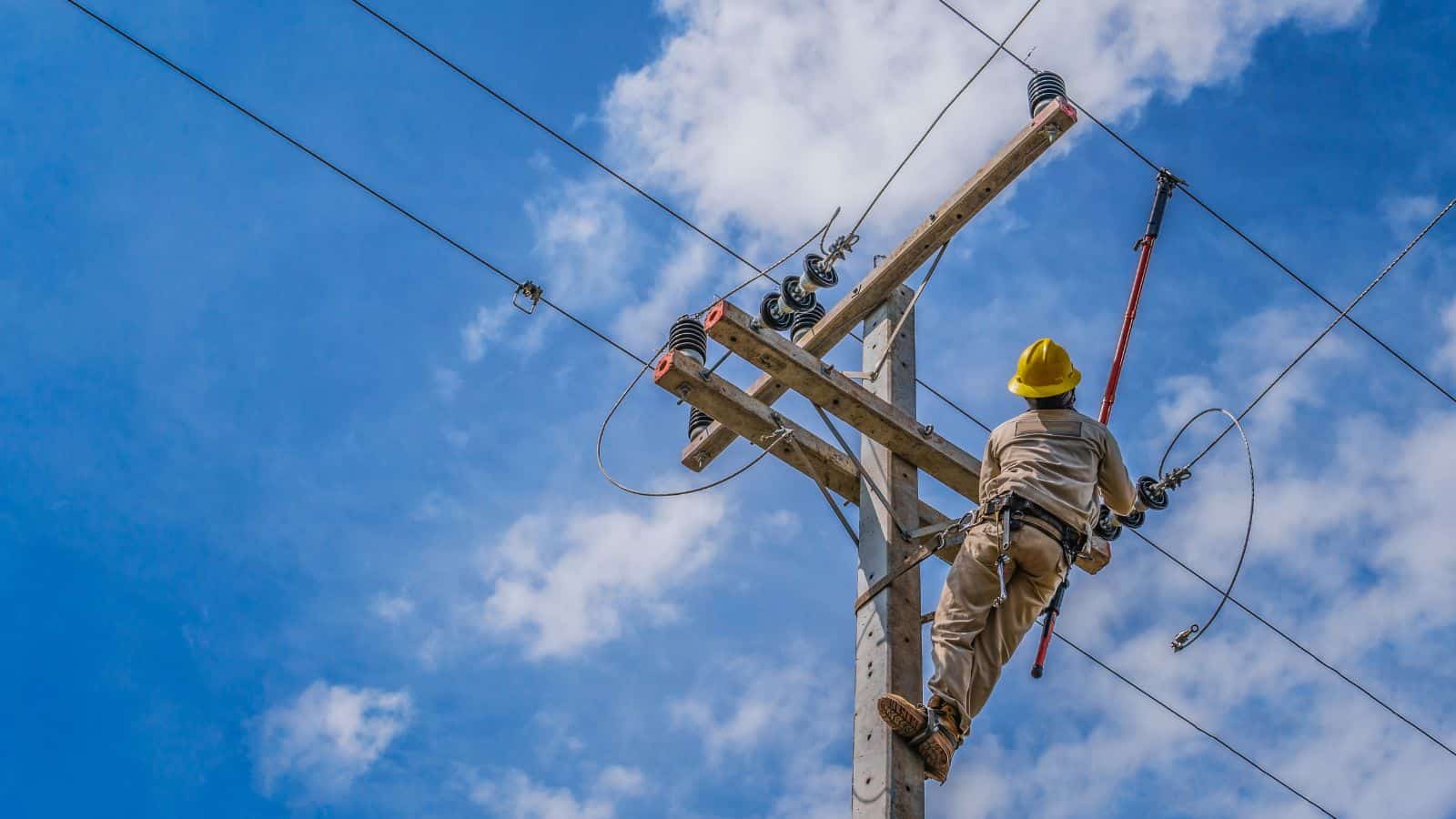
You may not have power indoors, but that doesn’t mean your wires and cables aren’t loaded with electricity. To save yourself from electrocution (and the resulting injury or death from it), never touch downed lines. Tampering with them may also delay repair efforts, and in some places, it’s even illegal to begin with.
Light Candles Unsupervised

The CDC reveals that candles aren’t the best form of illumination during power outages. Not only do they provide poor lighting compared to flashlights and other battery-powered lights, but when left unattended, they could tip over and cause a fire. There’s also the risk of inhaling toxic fumes emitted when candles burn for hours.
Use Unboiled Water

It’ll serve you better if you find a way to boil water, particularly before drinking it. Unboiled water exposes you to contaminants and could make you seriously ill, and outbreaks of such illnesses can overburden local emergency services. This also applies to the water you use to wash cooking utensils and clean surfaces.
Get into Elevators
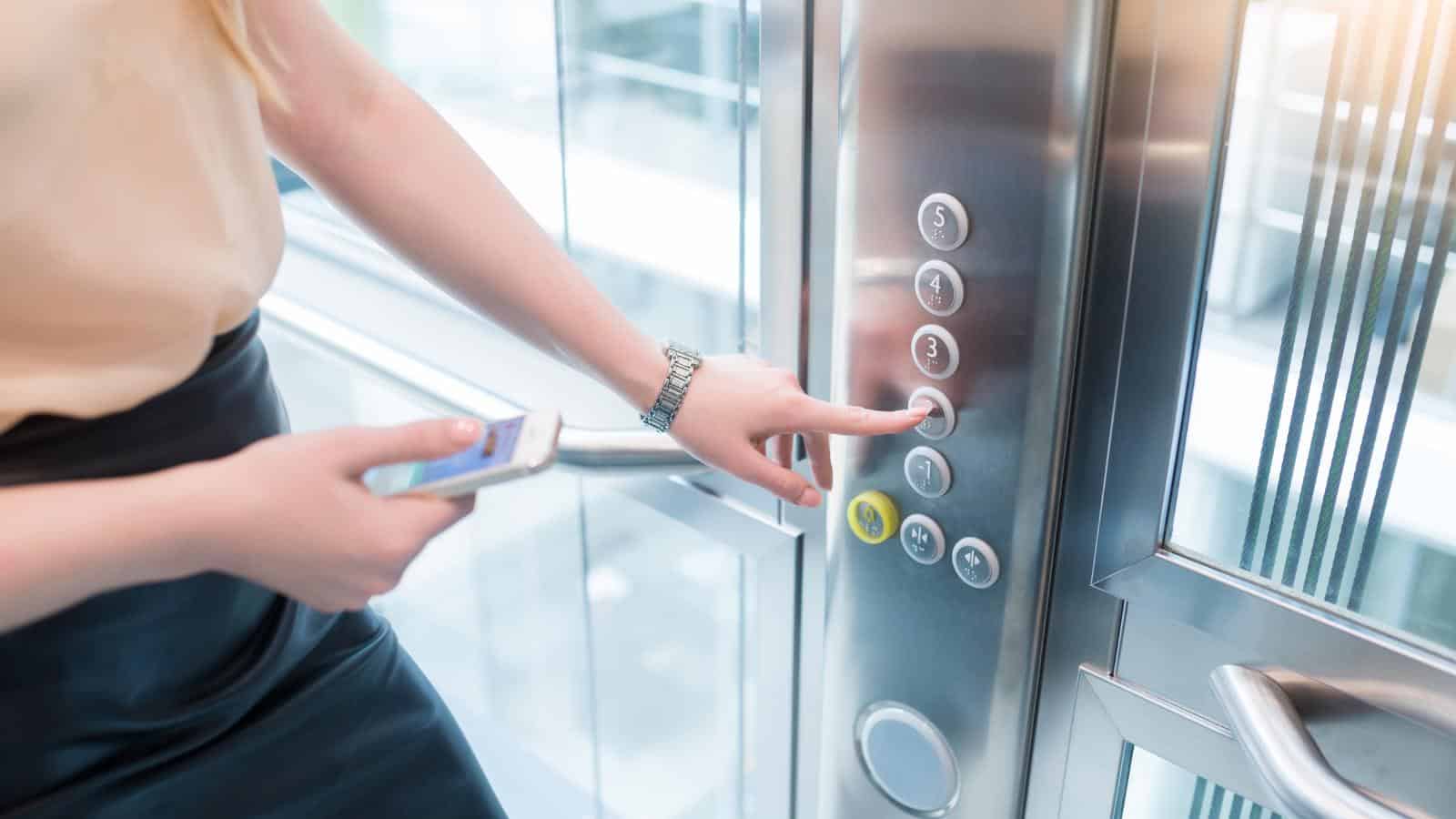
When you know there’s an issue with power, but some parts of the building still work, it’s not a great idea to get into an elevator. Electricity may be cut off while you’re in it, so you’ll become trapped. A sudden restoration of power could also lead to a surge and damage to elevator electronics.
Leave Electronics Plugged In
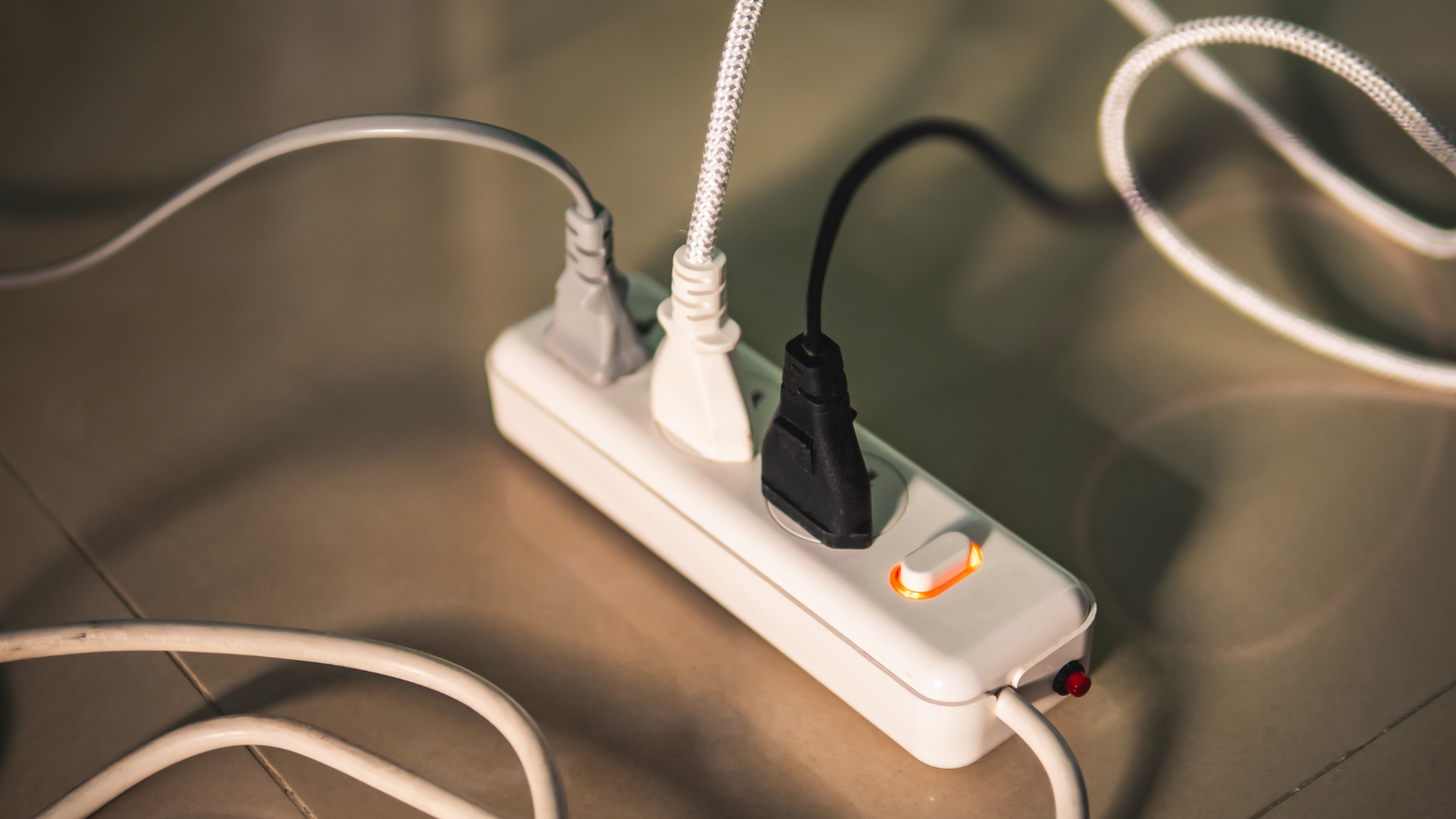
Like with elevator electronics, one of the major concerns with leaving your devices plugged in is a power surge. The sudden restoration of electricity may damage your appliances and force you to spend unnecessarily on repairs or replacements. Unsupervised, faulty electronics may also cause a fire during restoration.
Drive Without Caution
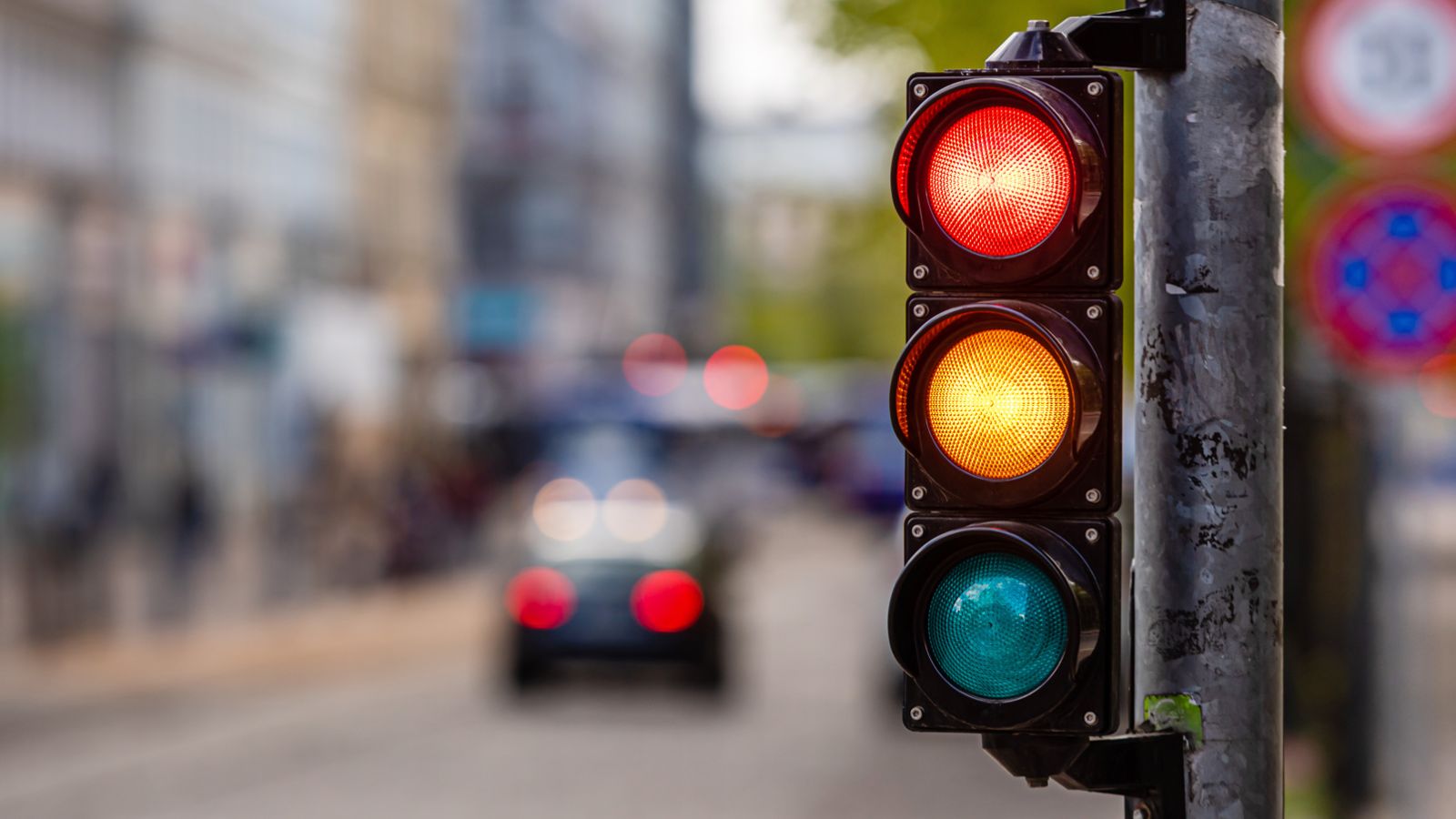
If the power outage affects the whole community, you’ll also want to be careful on the roads. Traffic lights may not be working, and this could cause disasters at intersections. The power outage may also be caused by fallen powerlines, which create electricity and fire hazards on the road.
Open the Refrigerator or Freezer Frequently
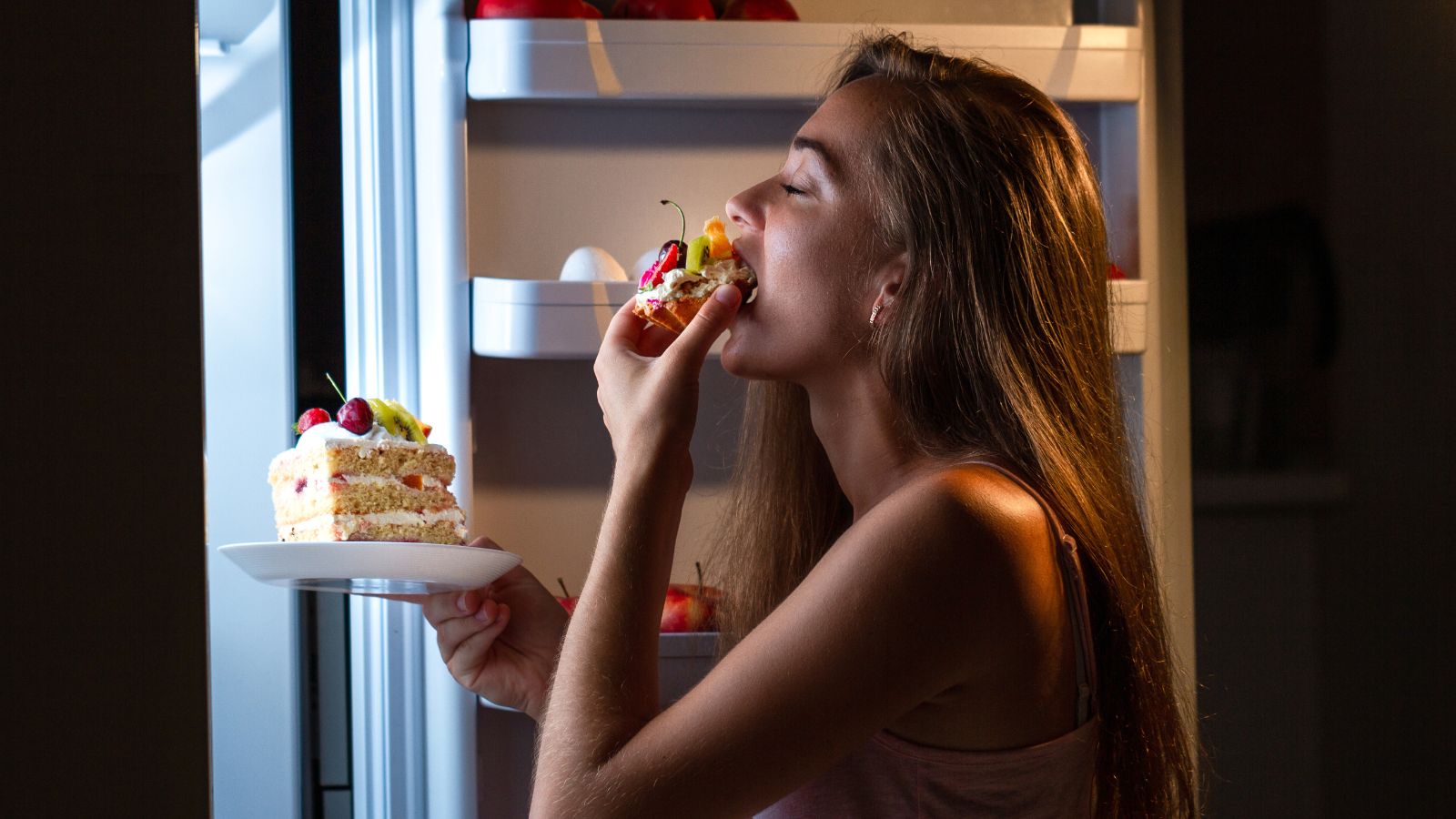
Clemson University explains that when you open the refrigerator or freezer frequently or for too long, you let out the cold air in it. Remember, you don’t have electricity to keep temperatures low, and this will cause your food to spoil faster. Even when you eventually have power, you’ll need more energy to bring temperatures back down to optimal levels.
Ignore Perishable Items
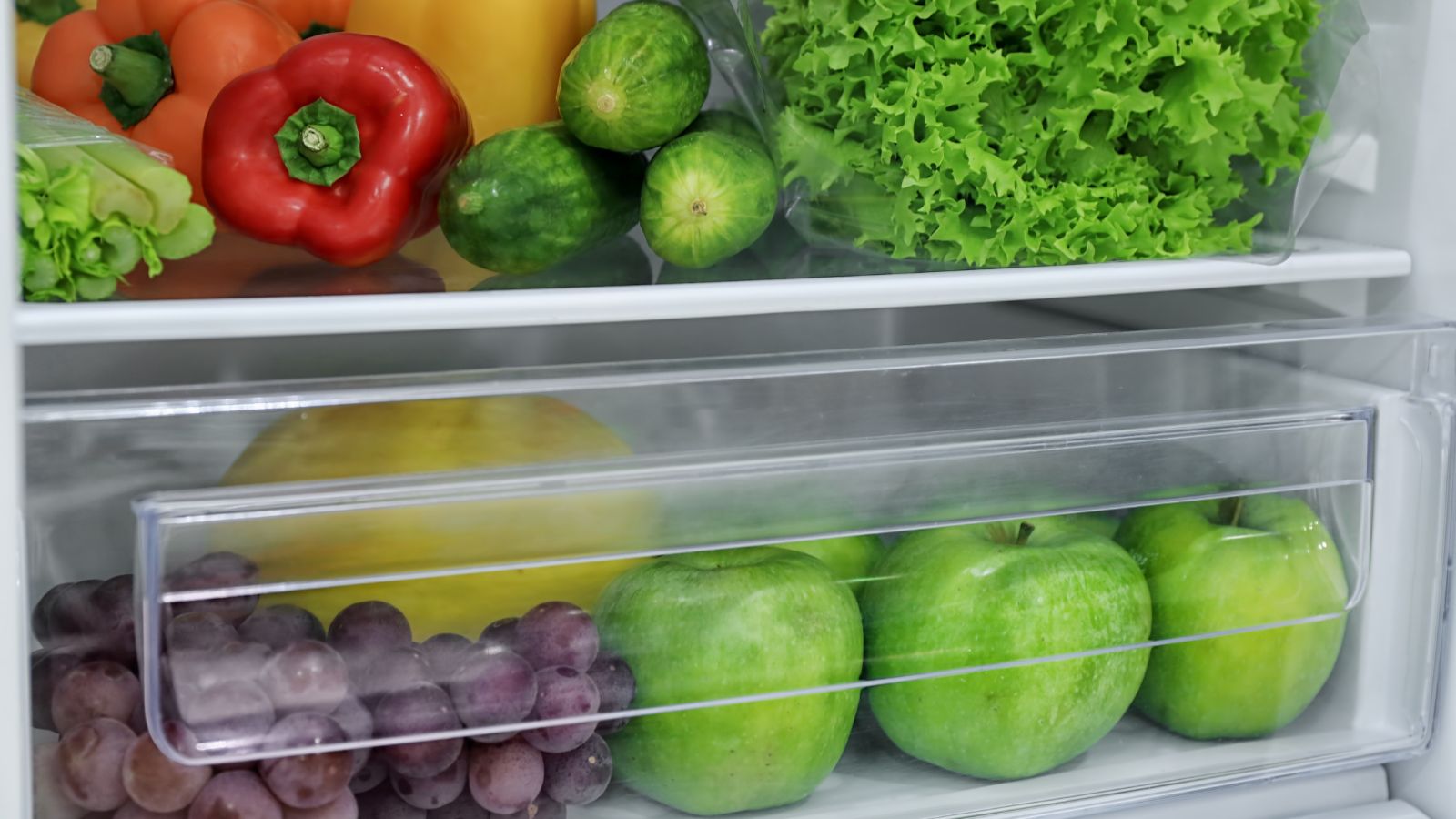
Whether you open your fridge frequently or not, once your food is spoiled, just throw it out. Apart from the bad odor it emits in your home, you don’t want to consume off food due to the risks of severe illnesses. If there’s a way to preserve food without electricity, you should immediately consider it to avoid waste.
Neglect Pets

In all the frenzy, look after your pets! Without food, water, or attention, pets may become anxious in the dark (and with everything going on). Failing to manage this well could cause destructive behavior like running around frantically and knocking over candles or lanterns.
Operate a Generator Indoors
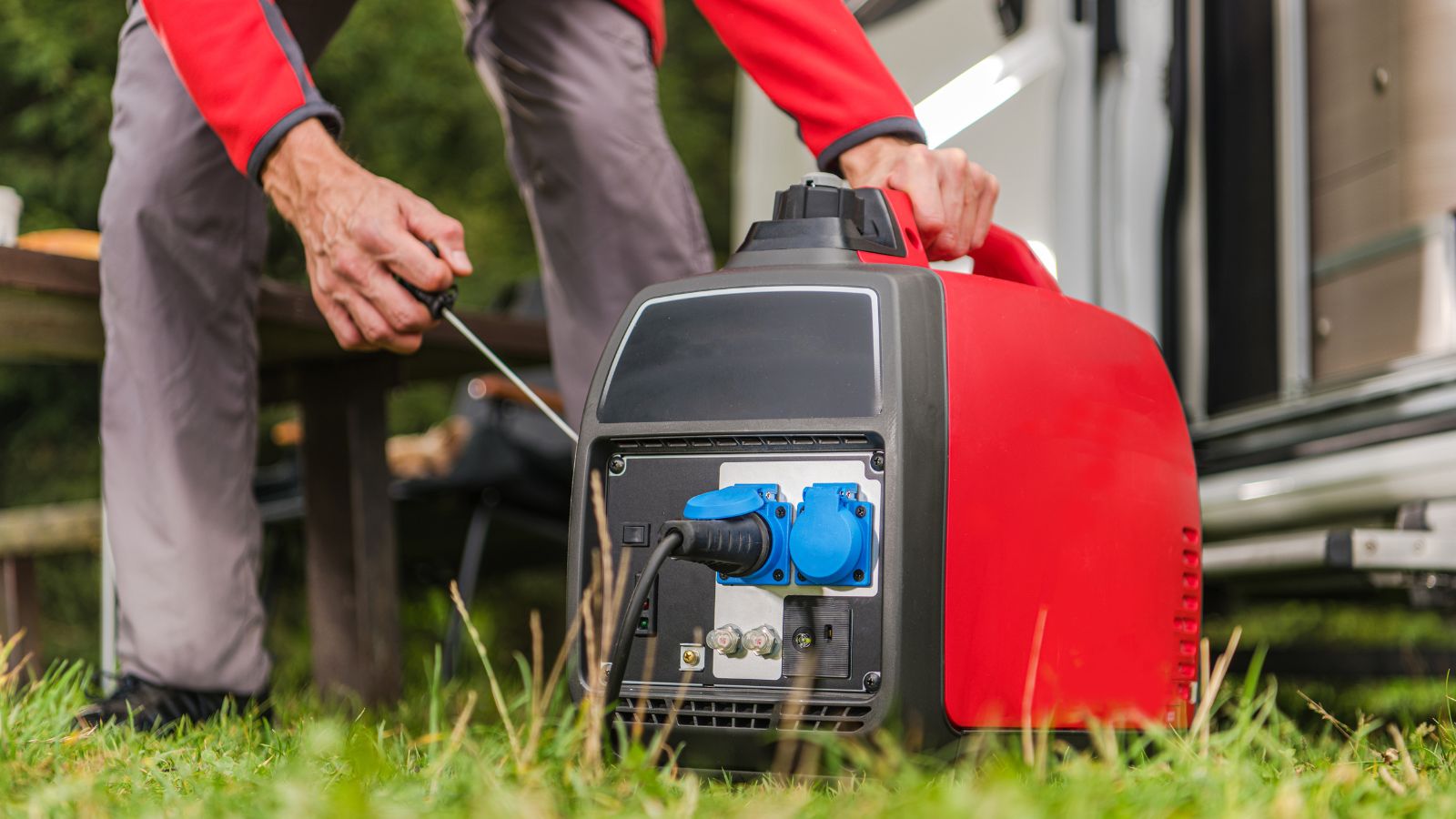
If you don’t mind the noise, you can use generators, but never use them indoors – this isn’t just due to the risk of fires. Generators release exhaust fumes that contain high amounts of carbon monoxide, and the NYS Department of Health says this can kill you within minutes!
Use a Gas Stove for Heating
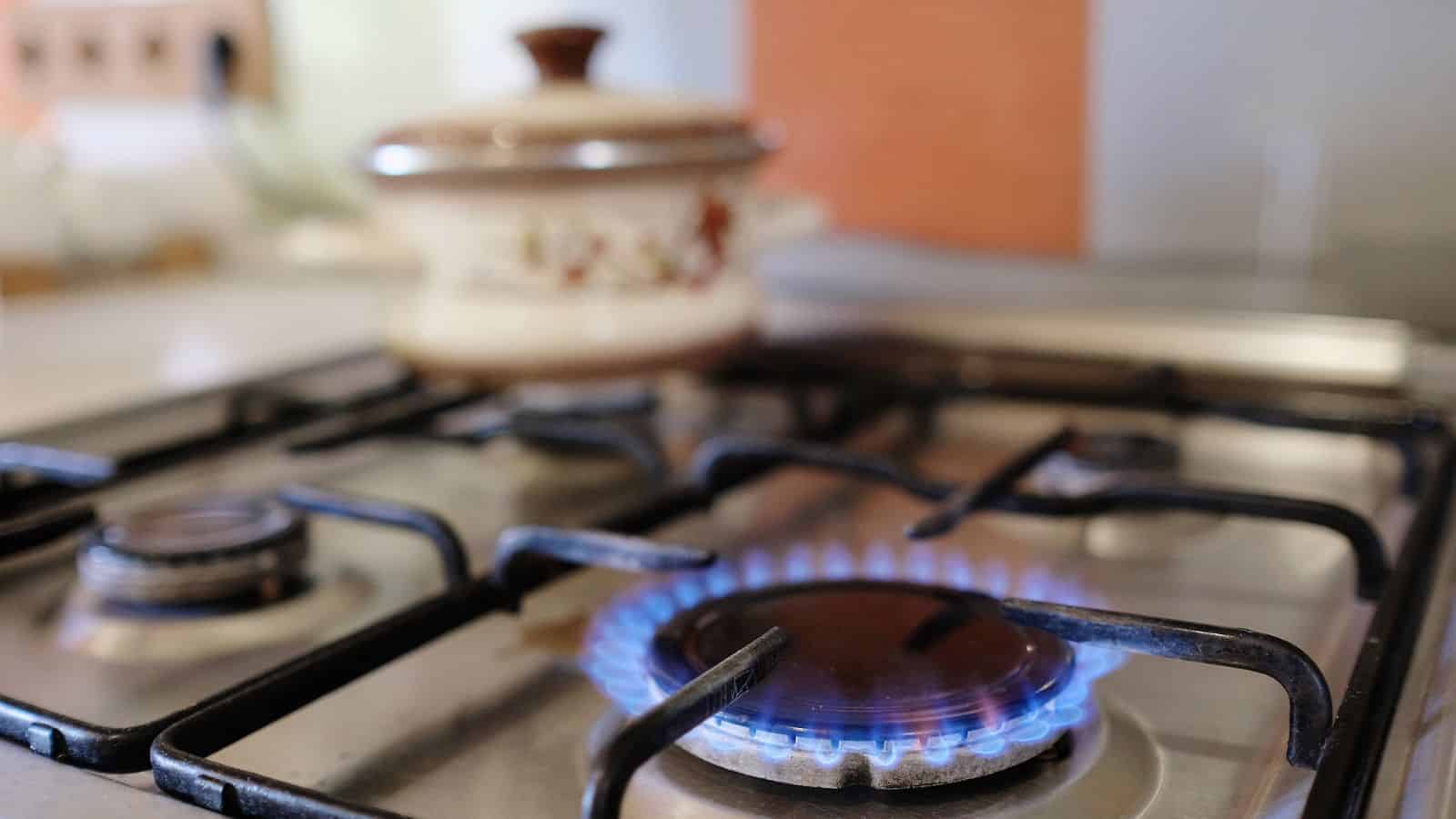
Gas stoves, when used improperly, carry the same risks as generators used inside the home. When used for heating, especially in a closed space, they deplete oxygen levels and can cause carbon monoxide poisoning. Unattended stoves can also cause fire outbreaks.
Leave Portable Heaters Unattended
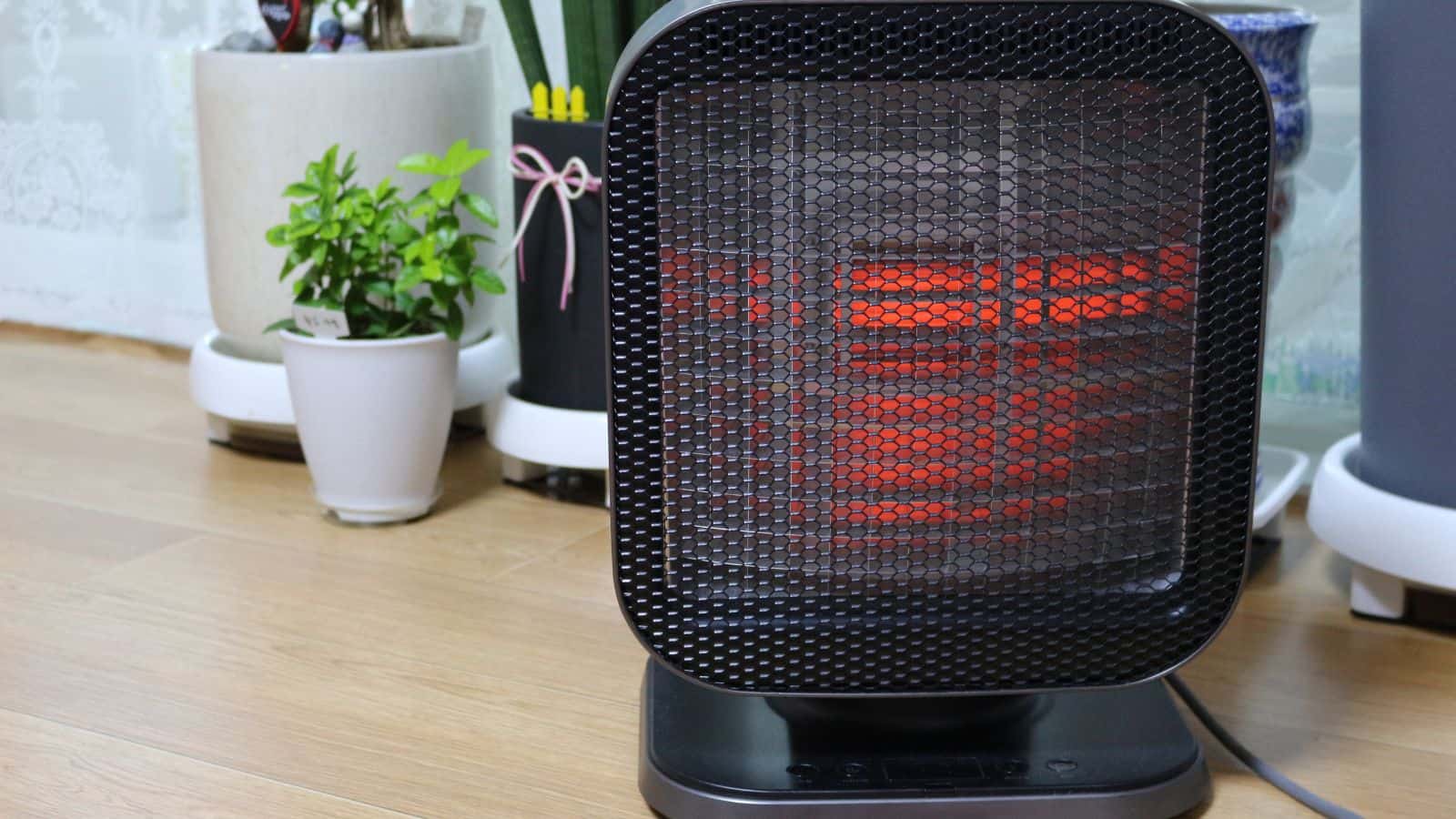
Whenever you choose to use portable heaters, never leave the room or go to bed without switching them off. Without supervision, these devices may become too hot and ignite nearby objects, and there’s also the risk of fire and electrical hazards from overloaded circuits.
Rely Solely on Cell Phones
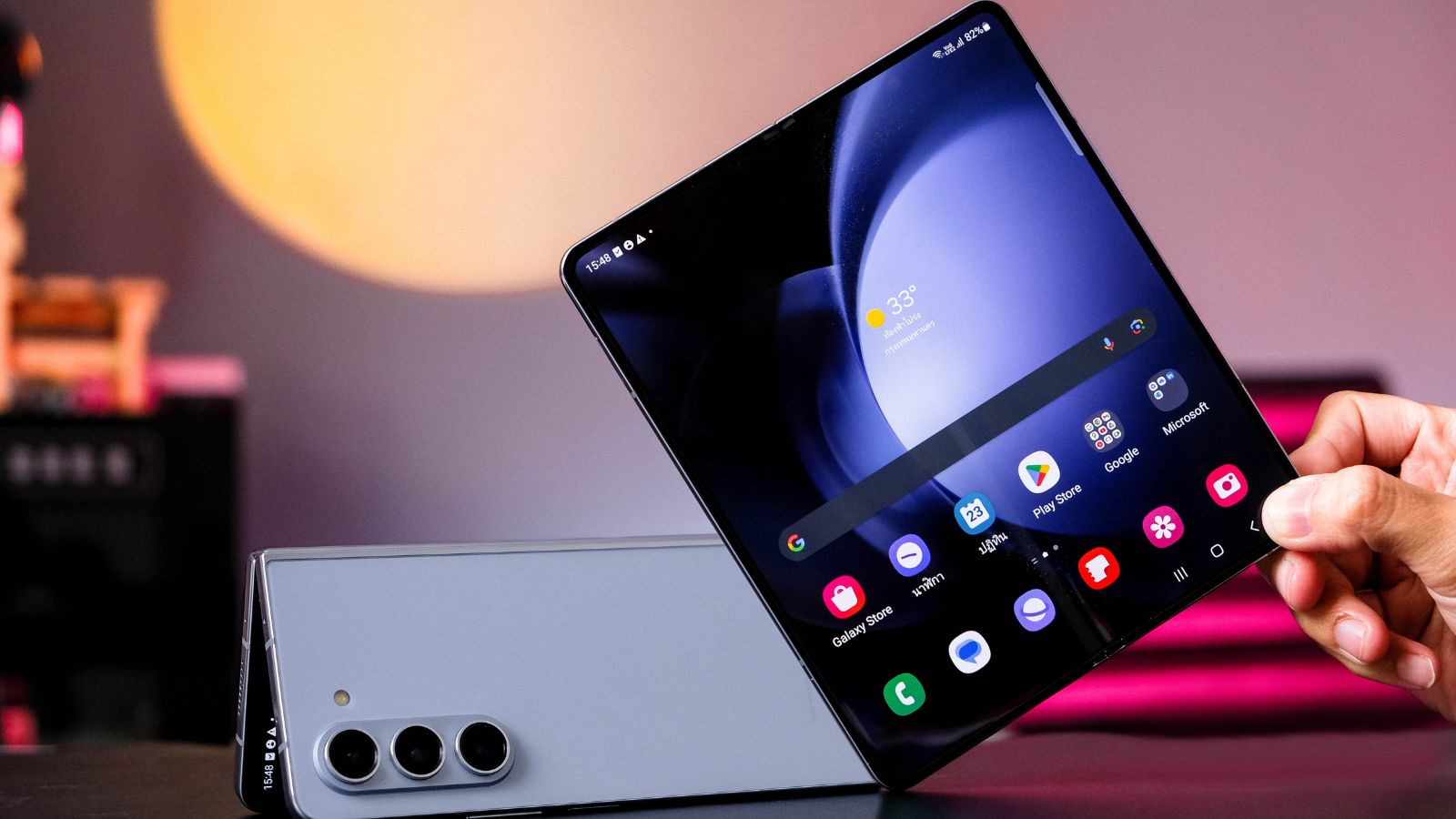
Cell phones may be more convenient, but it’s always good to have other means of communication available, such as battery-powered or hand-cranked weather radios. Relying solely on cell phones may leave you stranded or clueless when the battery drains out or in cases where entire cell towers are affected by the outage.
Use BBQ Grills Indoors
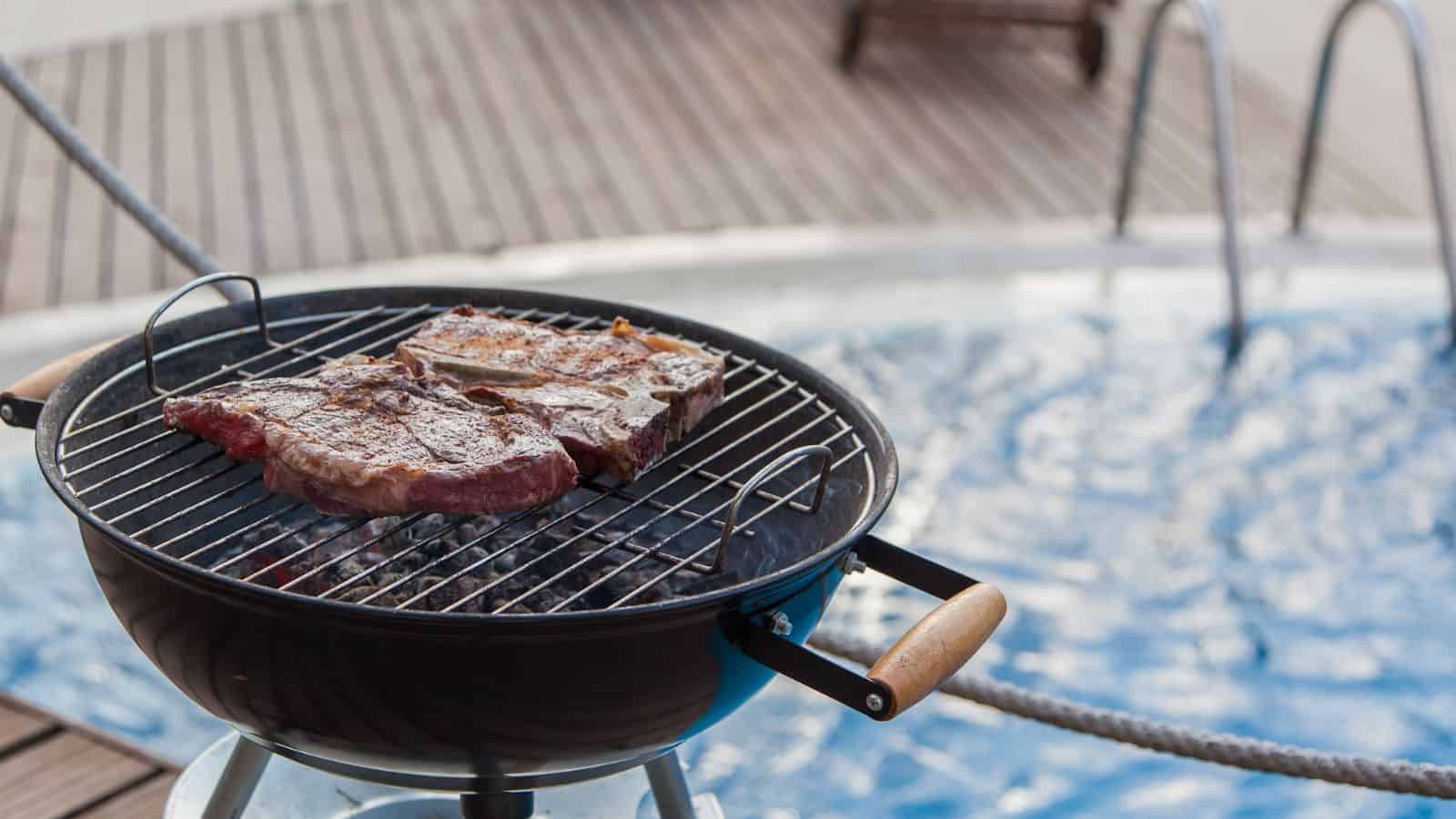
BBQ grills also come with the risk of carbon monoxide poisoning due to the dangerous fumes emitted from burning charcoal. The smoke from grills also comes with respiratory complications of its own, and you put yourself at risk of a potential fire outbreak as well.
Forget to Check on Neighbors
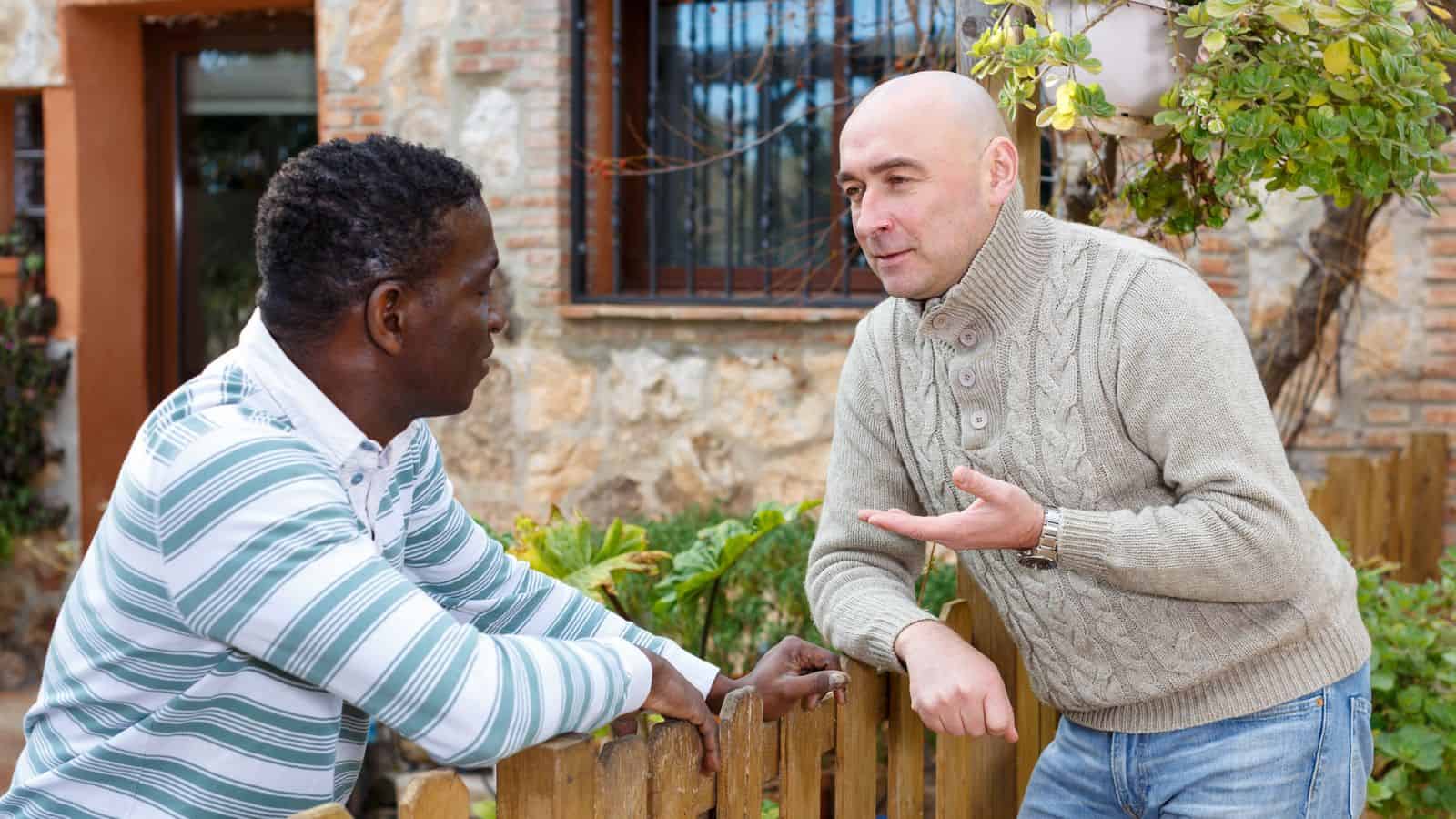
Community engagement is crucial to surviving emergencies, and checking on your neighbors will be appreciated. This is especially true if you have elderly or disabled neighbors who need assistance. Know that you may also need some help with resources or information yourself in the future.
Ignore Your Medical Equipment Needs
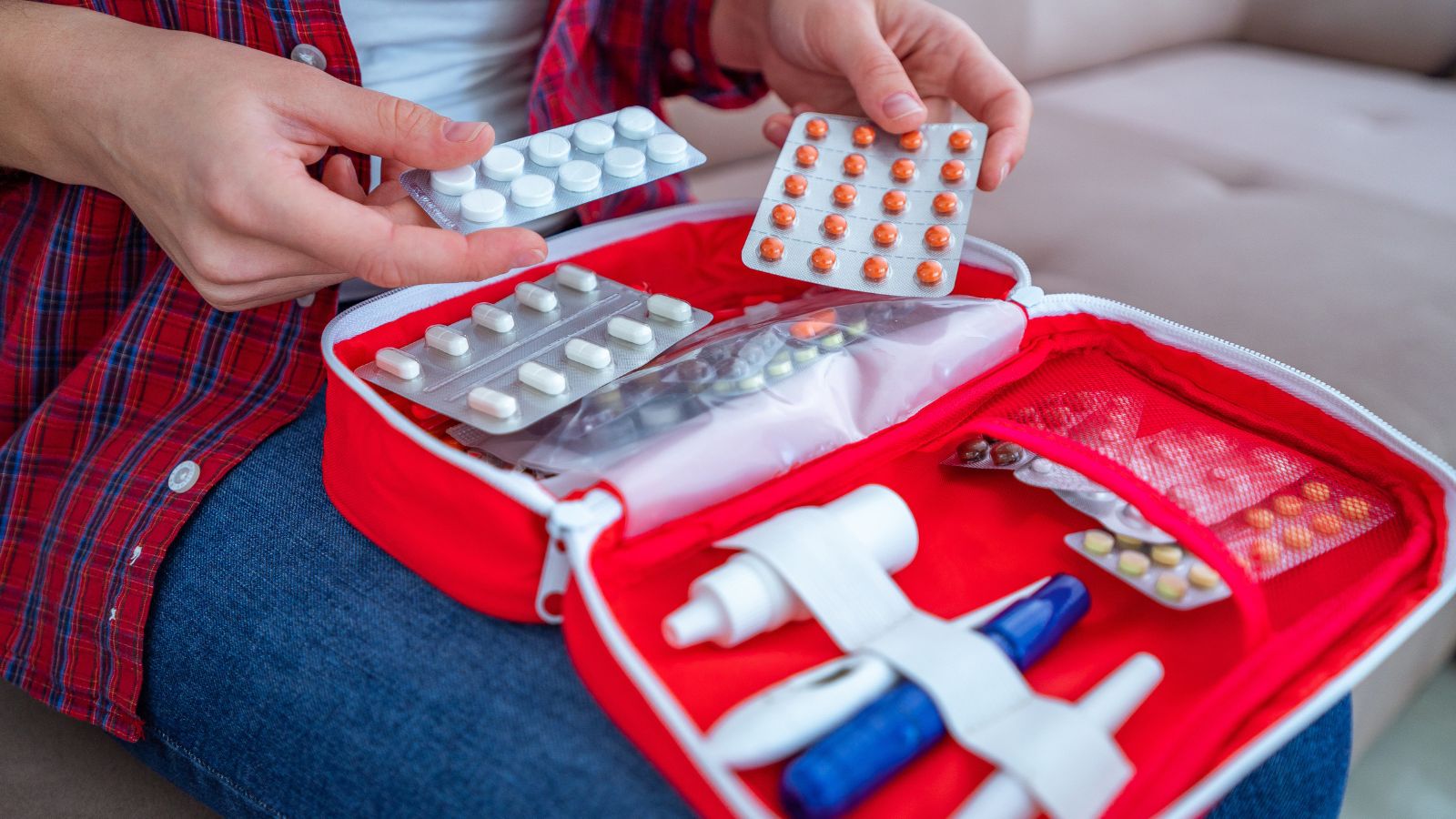
If you depend on electronic devices as support against existing health conditions, it’s best to inform medical professionals immediately when an outage occurs. FEMA also advises that you inform your electricity company, as some have a “priority reconnection service” list for dependent customers.
Overload Circuits with Electronics
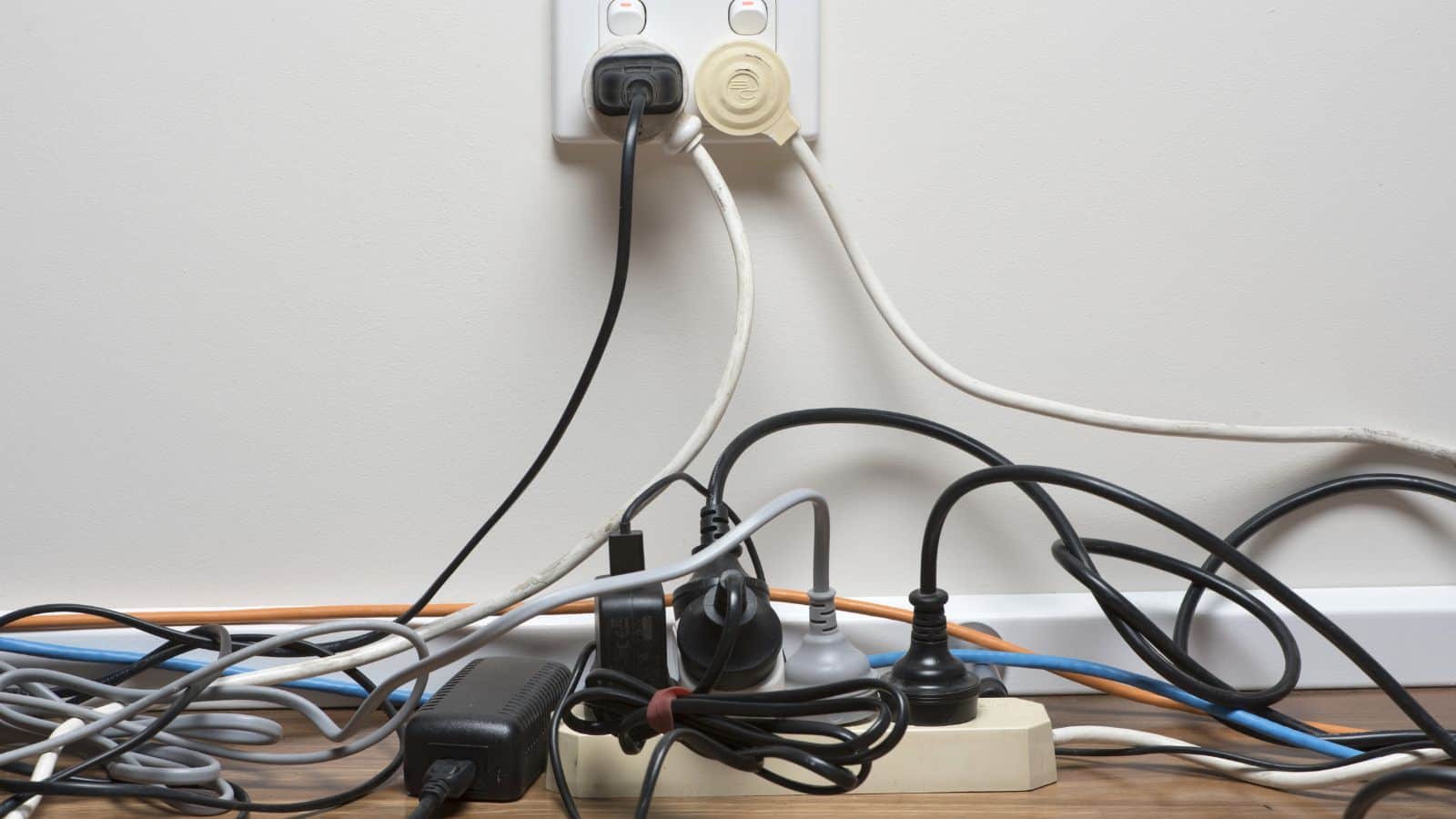
If a single outlet is working, it’s also advised not to plug too many appliances into it. Overloading can cause temperatures in the circuit to rise to unsafe levels, and allowing this to remain for long periods can lead to appliances being damaged or fire outbreaks.
Leave Windows and Doors Unsecured
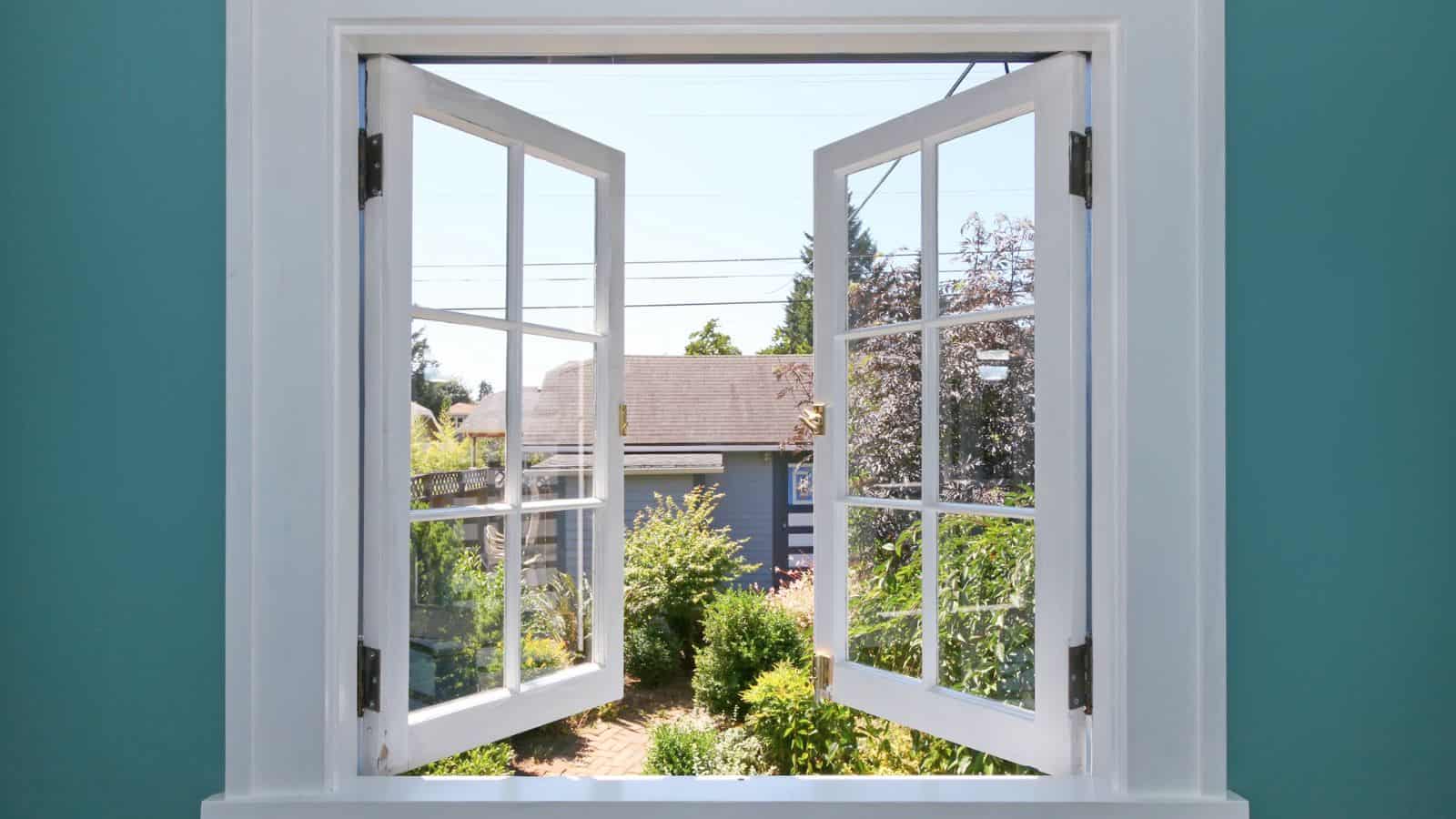
During power outages, thieves get a chance to do their bidding unnoticed, especially when you don’t have solar-powered security lights. This is the main reason why you shouldn’t leave entrances into your home unsecured. There’s also the risk of allowing insects and pests into your home and exposing yourself to possible water damage from rain.
Up Next: 19 American Foods that Are Not Allowed in Other Countries
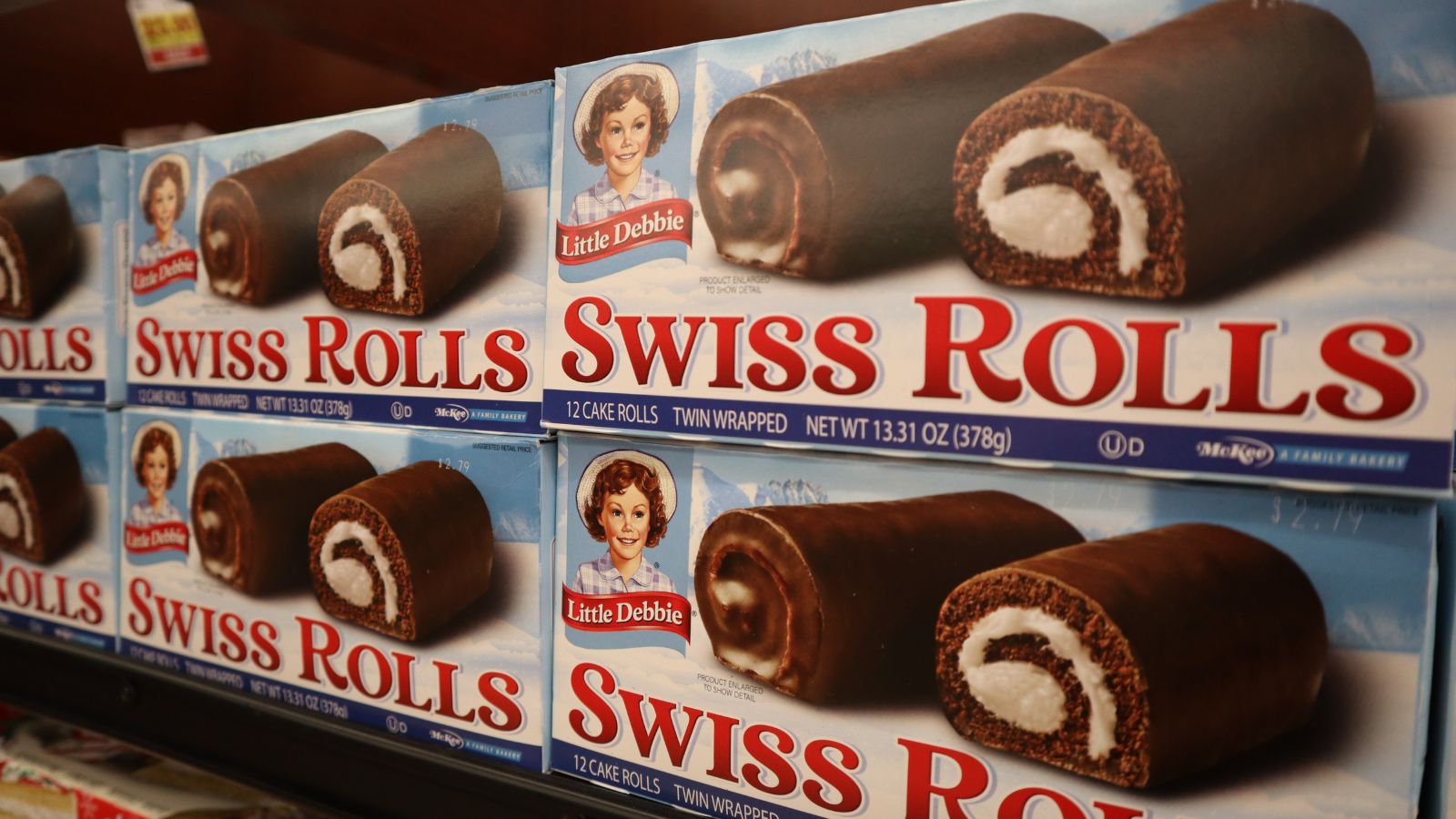
We can debate all day about who has the safest food supply in the world. Though, I’d bet you would be surprised at how many everyday American foods are banned in other countries. Most are due to chemical additives and pesticides, which, in places like the EU, cannot be approved for use unless proven safe. Let’s take a look at 19 of them.
19 American Foods that Are Not Allowed in Other Countries
19 Things That Will Happen When You Stop Drinking Alcohol
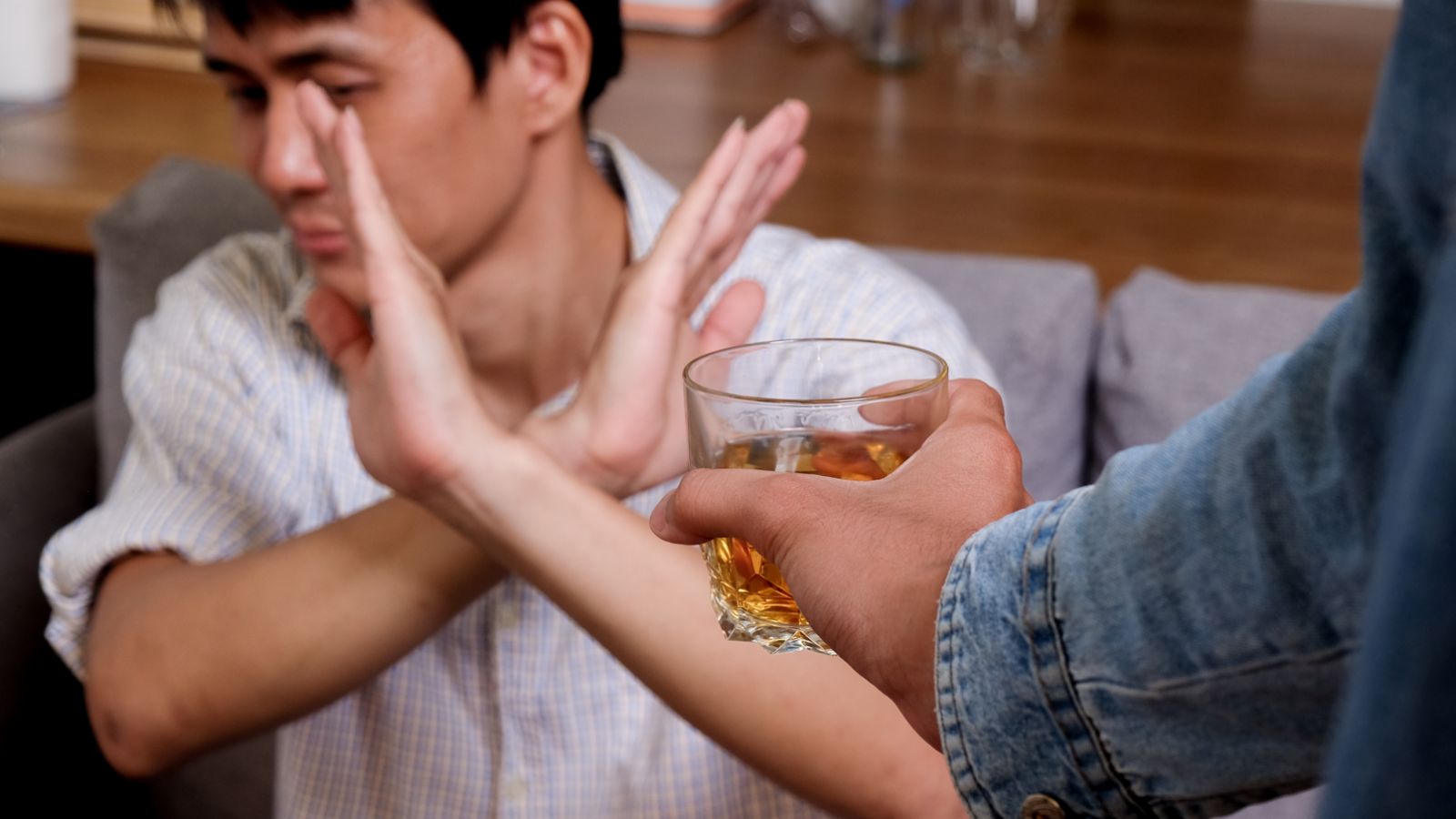
Whether you identify as an alcoholic or a casual drinker, alcohol can have a significant negative impact on your health. This is why more and more people are choosing to go cold turkey for the sake of their well-being. If you’re considering going sober but need a little more convincing, we’ve got you covered. Here are 19 things that will happen when you stop drinking alcohol.
19 Things That Will Happen When You Stop Drinking Alcohol
17 Things Guests Actually Notice Right Away About Your House

Inviting people into your home is a big deal. You may be very house-proud or house-conscious, and if you are either, you’ll likely get anxious about hosting. If this sounds like you, stop worrying and focus on the following 17 things that guests actually notice right away about your house.
17 THINGS GUESTS ACTUALLY NOTICE RIGHT AWAY ABOUT YOUR HOUSE
